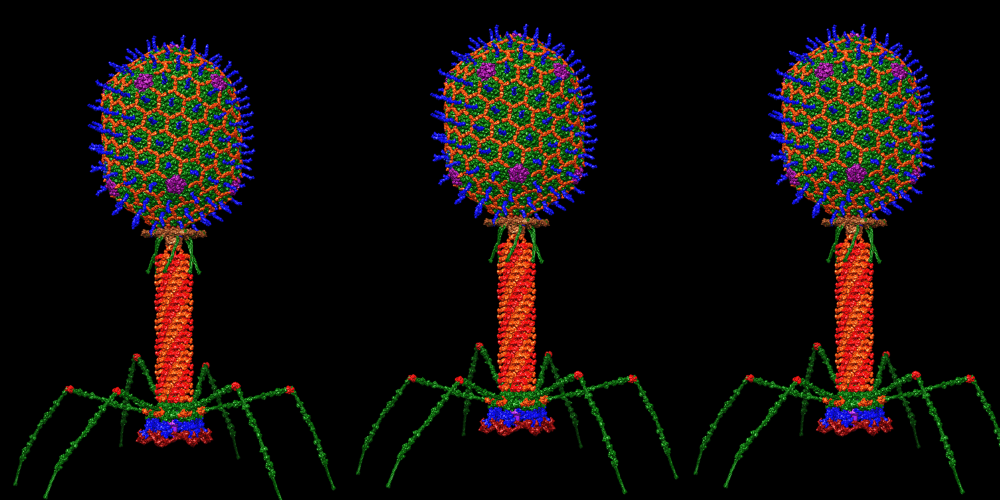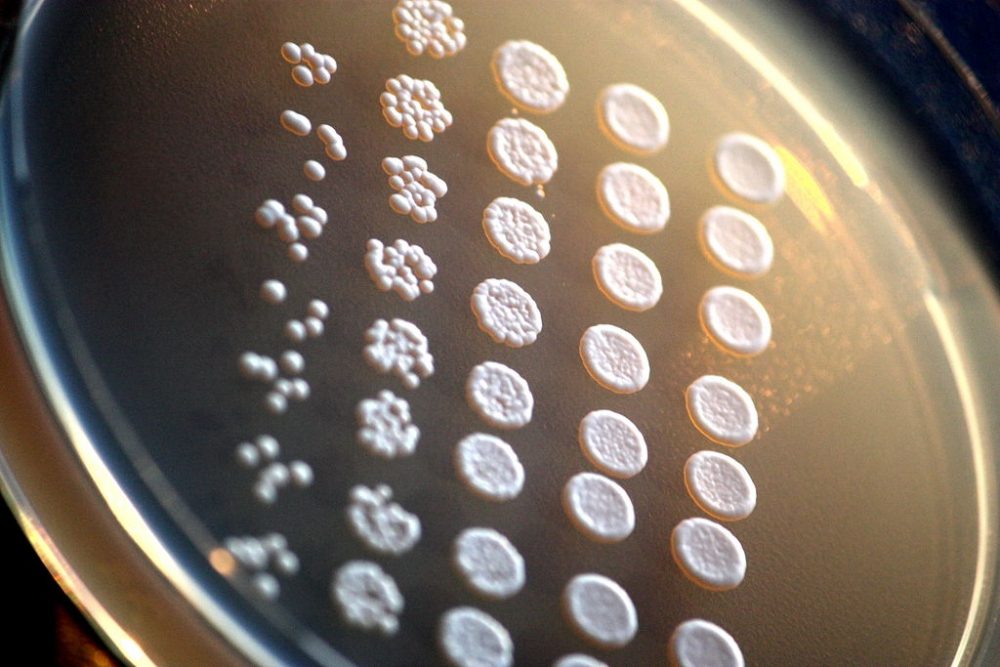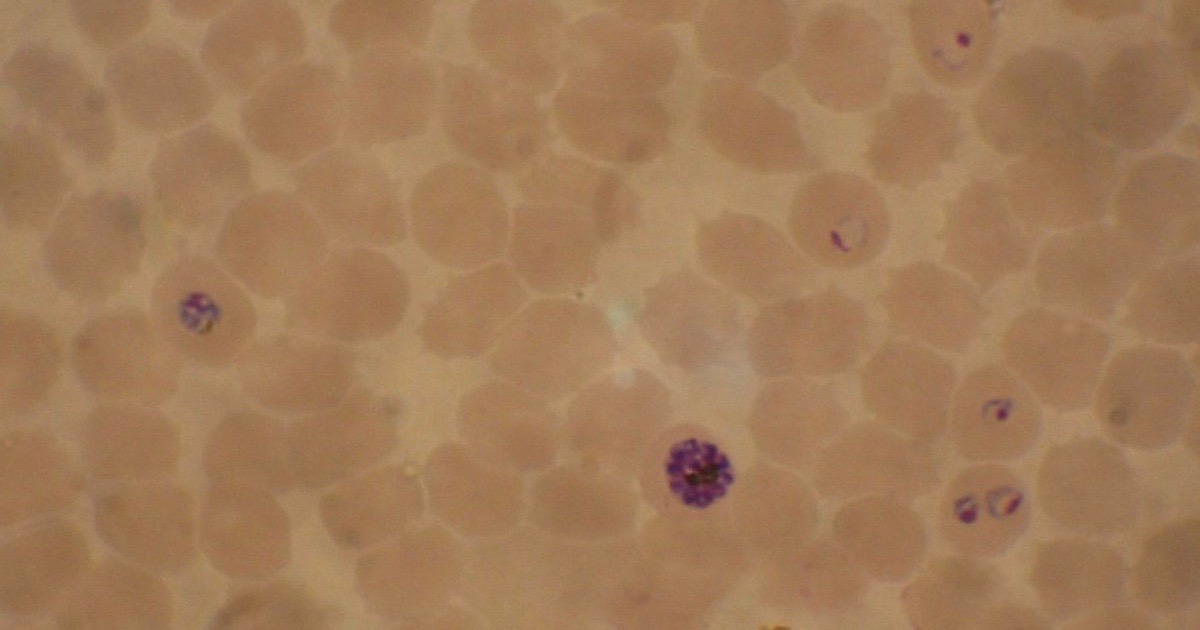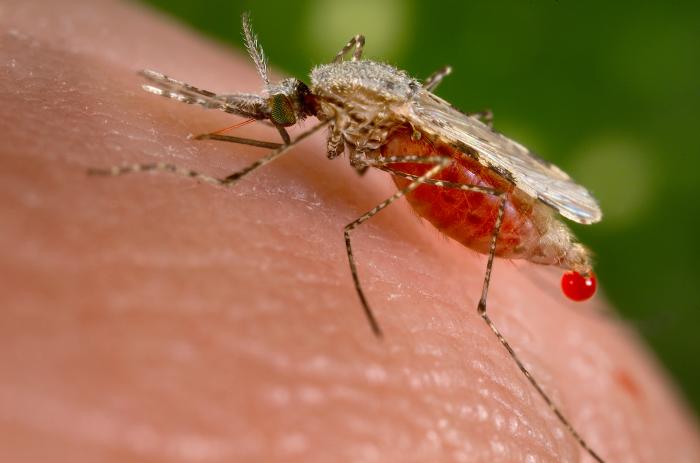
Archives


Much Ado About Lactase Persistence

Behe: Bacteriophage—The New Poster Child for Darwin’s Doom

Two Recent Papers Buttress Behe’s Darwin Devolves Thesis

Devolution Watch: Malaria Gnaws Off a Leg

Darwin Devolves Author Michael Behe Tangles with Two Philosophers, Pt. 3

ID Pioneer Michael Behe Tangles with Two Philosophers, Pt. 2

Biologist Michael Behe Tangles with Two Philosophers, Pt. 1

Michael Behe and Cilia 3.0 … or, Irreducible Complexity Cubed

Recognizing Design by a “Purposeful Arrangement of Parts”

A Mousetrap for Blind Evolution, and Larry Moran

A Mousetrap for Darwin, and Another for Richard Lenski

Michael Medved Spotlights Michael Behe and His New Book

Michael Behe’s New Book Dispels Malaria Evolution Fog

#4 Story of 2020: Evolution, Design, and COVID-19

Michael Behe’s Mousetrap on the Edge

Behe: Blood Clotting Remains a Mousetrap for Darwin

Excerpt: An Obstacle to Darwinian Evolution

Excerpt: A Reply to Michael Ruse
